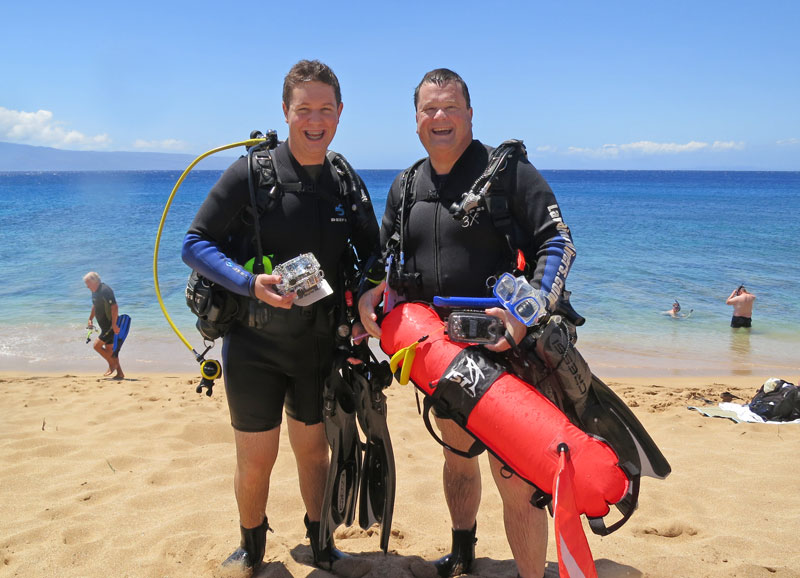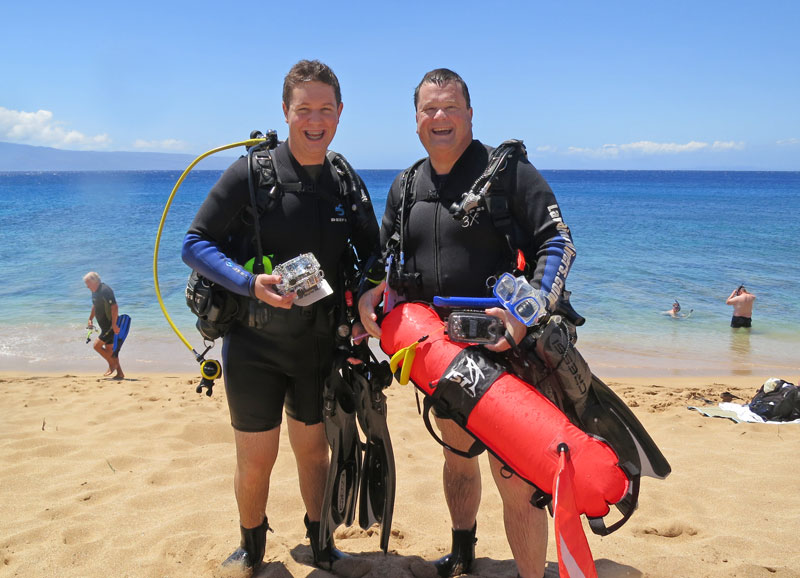
If you’re ever feeling discouraged about the state of the planet, look no further than 15-year old Dylan Vecchione for inspiration. At age 13, Dylan founded his own nonprofit called ReefQuest to foster marine stewardship through citizen science. But the idea for ReefQuest—and his first “initiative,” as he puts it—began when he was only seven. Visiting Kahekili Beach Park in Maui with his family, he saw tourists stepping on coral reefs and then complaining that the coral was hurting their feet. Dylan began walking up and down the beach, doing regular “beach patrols,” explaining to his fellow beachgoers that the reef was alive—and that in fact, it was people who were hurting the reef by stepping on it. Their reactions, he says, were varied, but most were appreciative and inspired by a kid wanting to save reefs for future generations. “I made an emotional connection with them,” he says.
CORAL awarded ReefQuest its first mini-grant, and has worked with Dylan since 2010. In March, CORAL Field Manager Liz Foote dived the reef with Dylan in Kahekili to take a series of overlapping underwater images, which will be “stitched together” as part of ReefQuest’s “virtual reef.” The virtual reef project is a way for people who can’t—or don’t want to—get wet by taking a “virtual dive” to experience the reef. But it’s also a way to monitor the health of a reef over time, says Dylan. He will be returning to the reef every other year to study it.
Dylan plans to continue his life’s work throughout high school, and beyond. One of the most important things he’s learned so far is that people “assume that kids can’t do anything”—but he’s found just the opposite. “I am making a difference—kids really can do something. People say we can’t stop global warming, but there are local threats that are equally as destructive. We can change those things for the better and help these silent ecosystems.”
